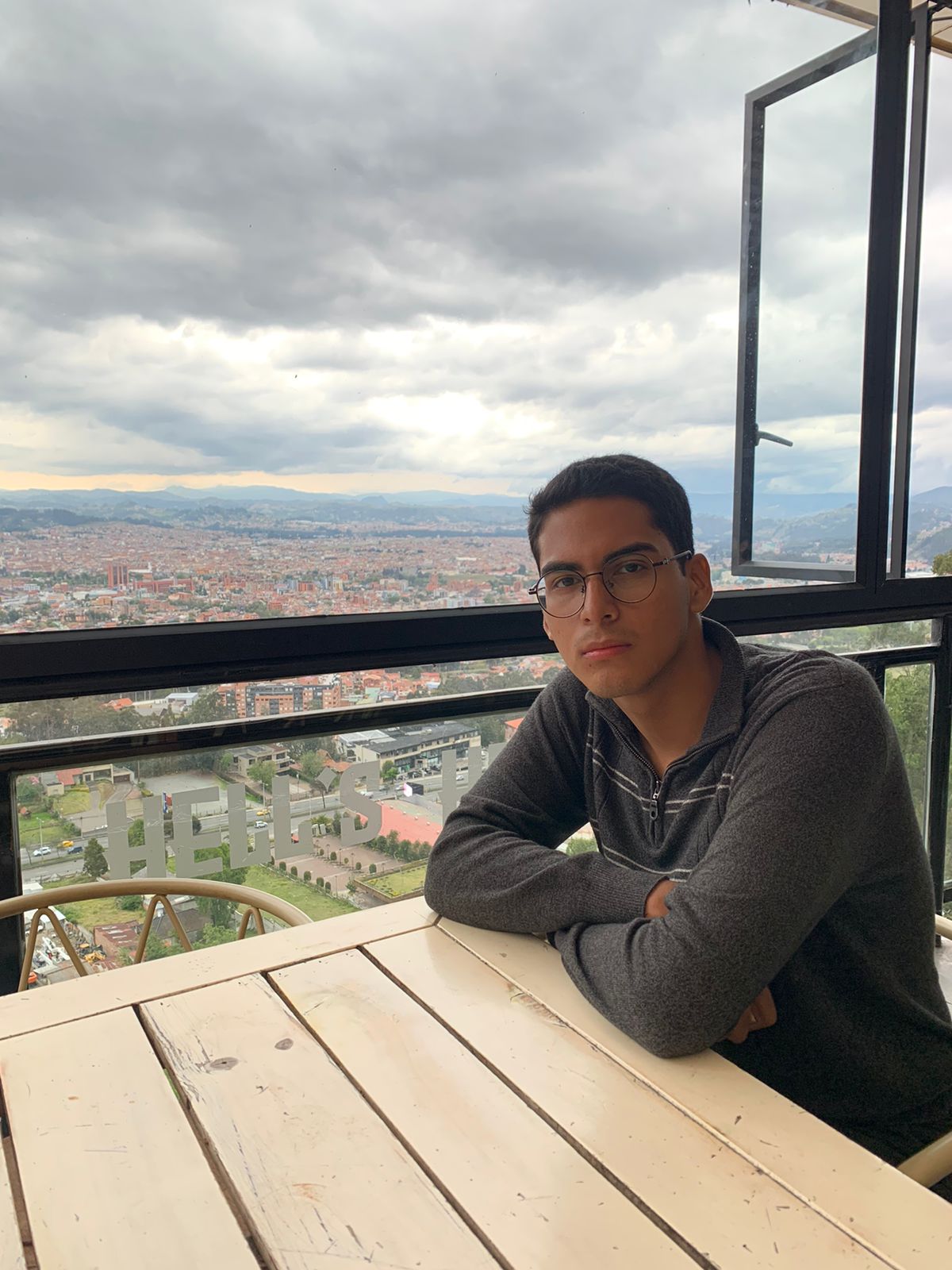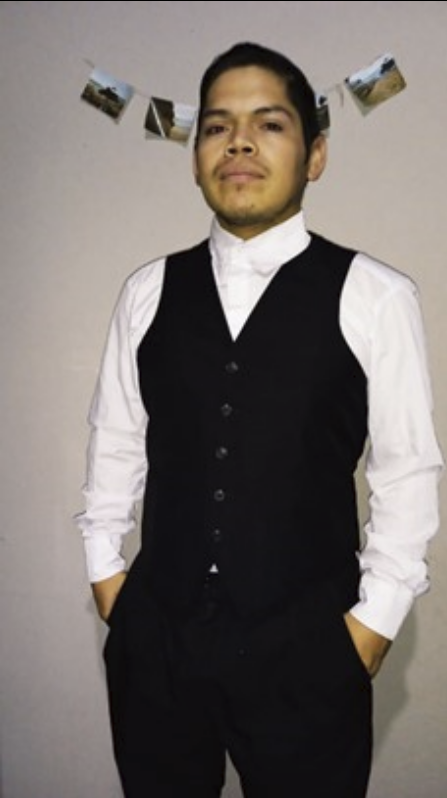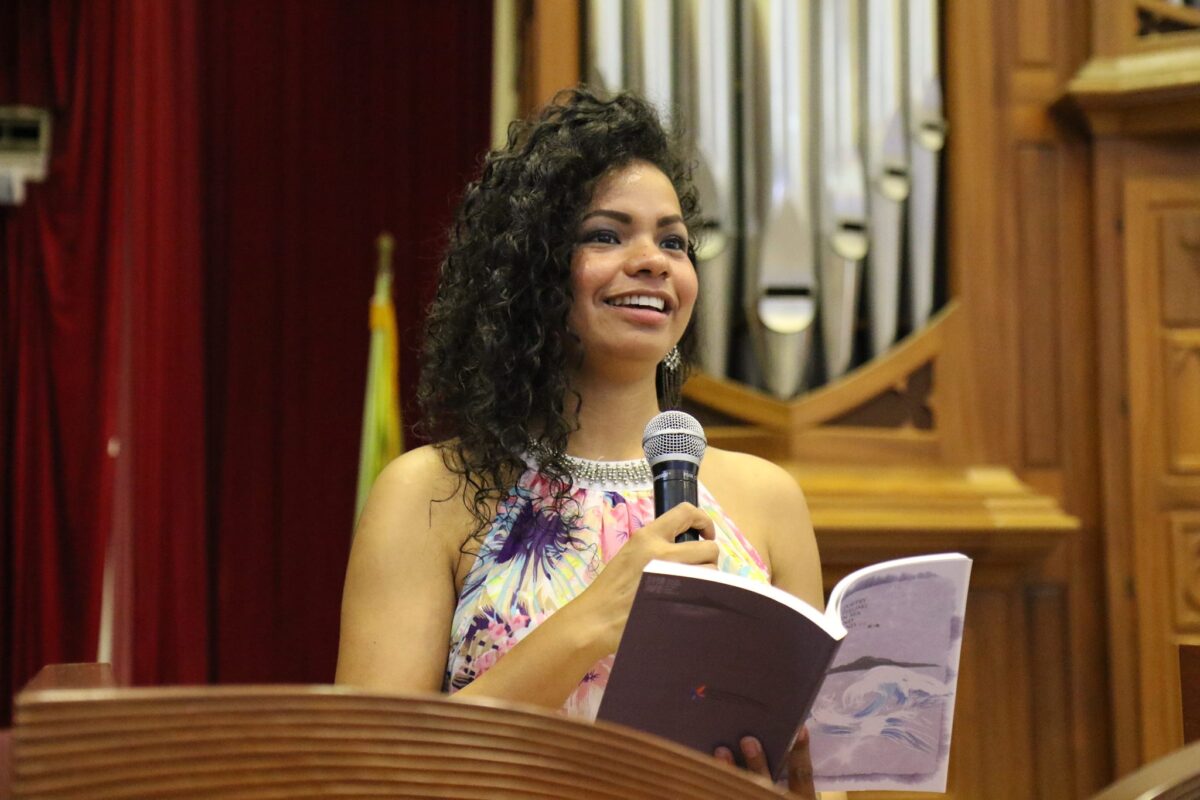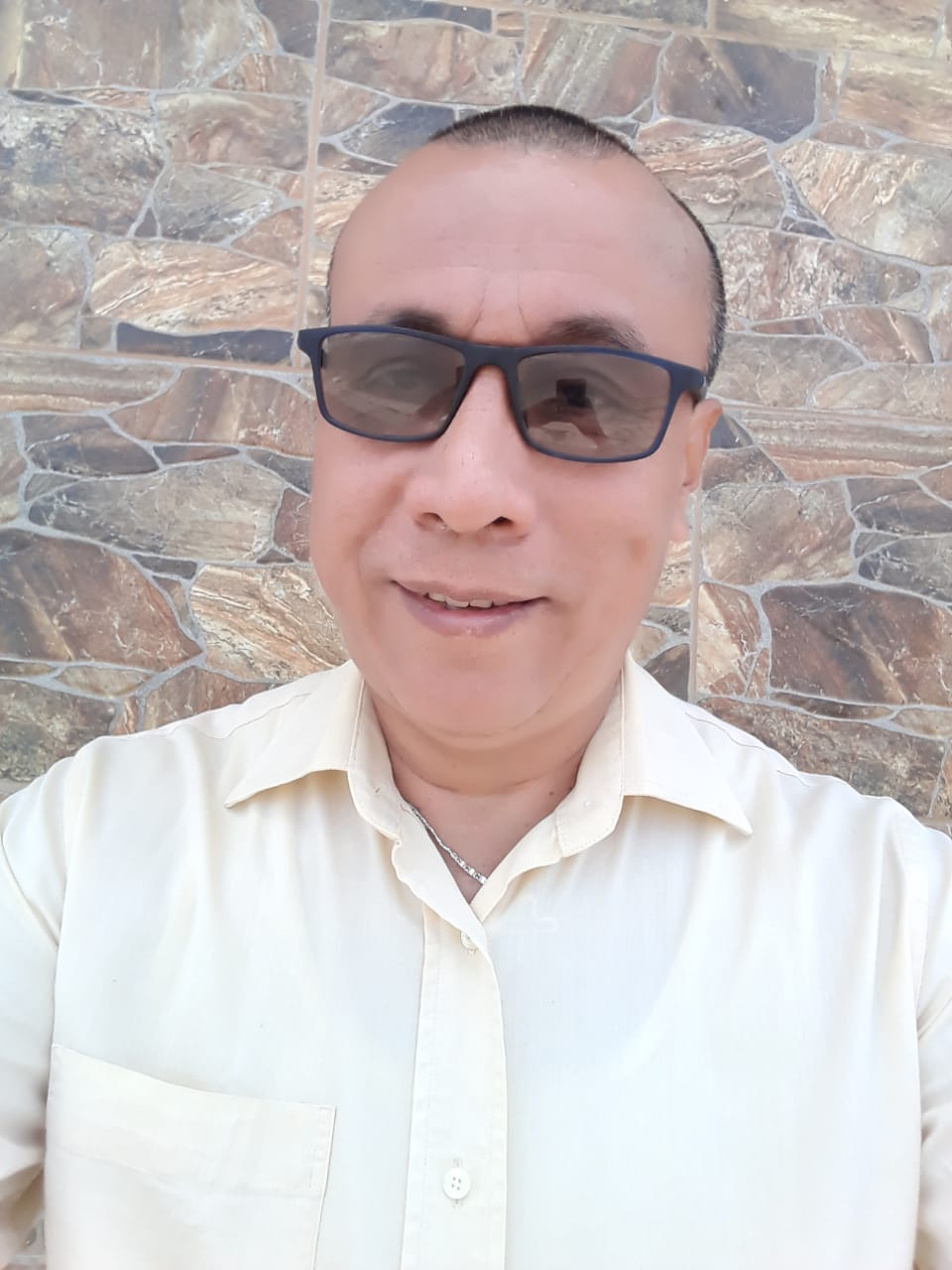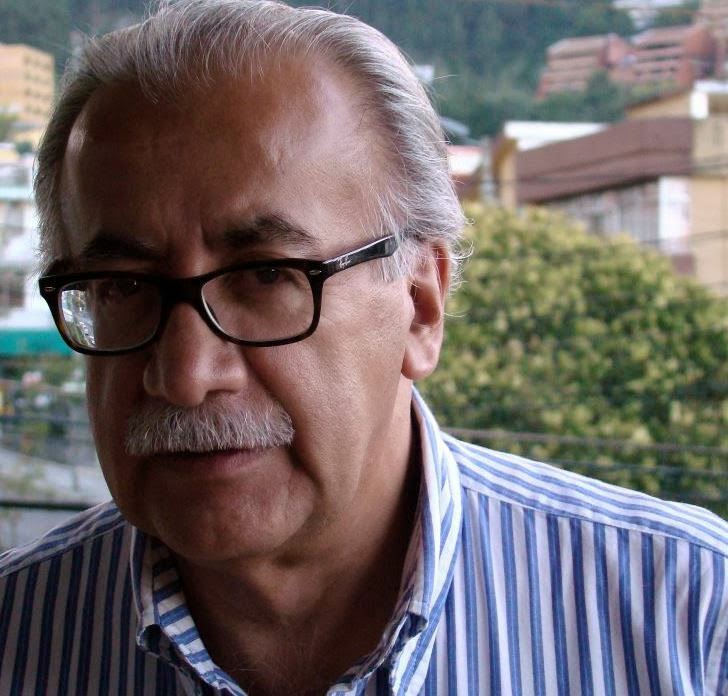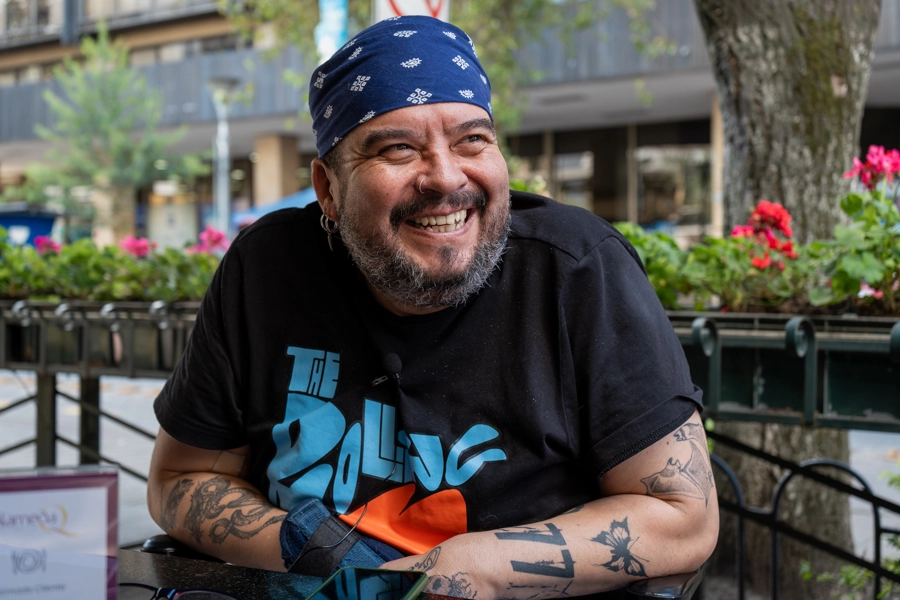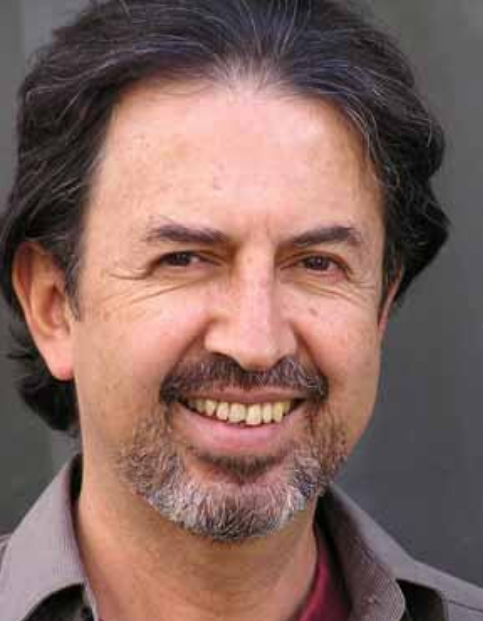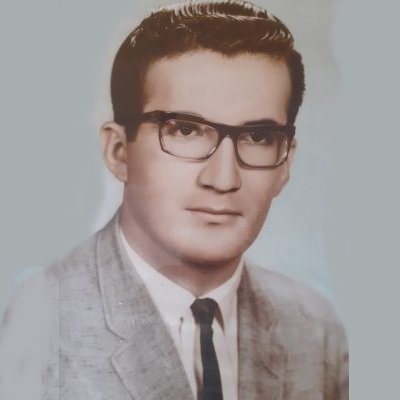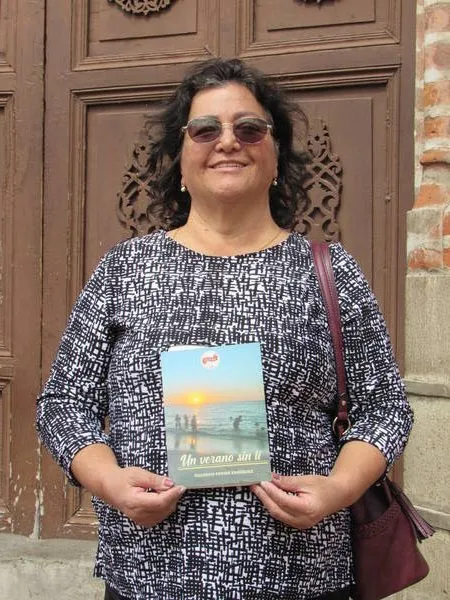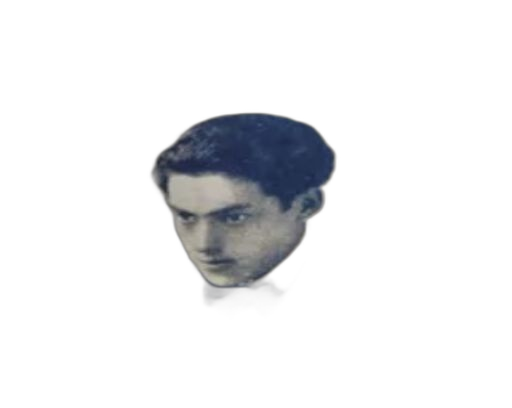Carlos Daniel López (Guayaquil, Ecuador, 1995) is an emerging Ecuadorian author known for his evocative short stories and poetry. He gained initial recognition by contributing to the poetry anthology Manías de la mente (“Obsessions of the Mind”) and later solidified his reputation with the publication of Un día en la vida (2024; “A Day in the Life”), a collection of stories and poems exploring themes of love, loss, and hope. His work has been featured at the Guayaquil International Book Fair, marking him as one of Ecuador’s promising young literary voices.
Continue reading “Carlos Daniel López”Category: Poets
Hernán Zúñiga Albán
Hernán Zúñiga Albán (Ambato, January 18, 1948) is an Ecuadorian painter, engraver, muralist, poet, and educator. Known for his distinctive “Barroco guayaco” style, Zúñiga has been an influential figure in Ecuadorian art for over six decades. He has exhibited his work internationally and played a key role in establishing important cultural institutions such as the Capilla del Grabador-Museo del Grabado. Zúñiga is also a celebrated poet, with works like Crónicas de los Esteros (“Chronicles of the Estuaries”), which won the Medardo Ángel Silva National Poetry Prize in 1982, exploring the lives of marginalized communities.
Continue reading “Hernán Zúñiga Albán”Sergio Luis Aguilar
Sergio Luis Aguilar Cuenca (Machala, 1990) is an Ecuadorian poet, cultural producer, and tourism manager. Known for his evocative and metaphor-rich poetry, Aguilar has won numerous literary awards, including first place in the III National Poetry Contest David Ledesma (2020) and the I Poetry Contest “Cántale al Cusco” (2021). He has organized cultural events such as the Festival Tour Poético “Cuna de Culturas Santa Elena 2019” and has been recognized for his contributions to the arts by the Casa de la Cultura Ecuatoriana Núcleo Provincial Santa Elena. His works have been featured in various anthologies and online platforms.
Continue reading “Sergio Luis Aguilar”María Fernanda Portés Valencia
María Fernanda Portés Valencia, known by her pseudonym Nefer PorVa (Guayaquil, Ecuador, January 19, 1987), is an award-winning writer and cultural manager who explores ecological, erotic, romantic, and experiential poetry, as well as children’s literature. Her notable work includes En el aire hay sexo (“There Is Sex in the Air”), a collection of erotic poetry. She is the founder of the Fundación de Integración Social y Desarrollo Humano Sostenible (FISDACE) and Círculo Artístico Cultural Brújula, promoting social and cultural projects in marginalized communities. Recognized internationally as a Peace Ambassador, she has received numerous accolades for her literary work. She has also worked as a First Officer in Ecuador’s Merchant Navy and as an engineer in Transport Administration and Maritime Ports.
Continue reading “María Fernanda Portés Valencia”César Carbache Mora
César Arturo Carbache Mora (Guayaquil, July 24, 1965) is an Ecuadorian cultural promoter, professor, and poet. He holds degrees in Social Communication, Higher Education, and Digital Communication, and is a doctoral candidate in Audiovisual Communication at the Universidad Complutense de Madrid. Carbache has published several poetry collections, including Desde lo alto del insomnio (1993; “From the Height of Insomnia”) and Antología poética 1993-2006 (2007; “Poetic Anthology 1993-2006”). He is a professor at the Universidad Laica Eloy Alfaro de Manabí and founder of ULEAM Bahía Magazine, contributing significantly to the fields of education, culture, and communication in Ecuador.
Continue reading “César Carbache Mora”Antonio Correa Losada
Antonio Correa Losada (Pitalito, Colombia, 1950) is a Colombian-born poet, essayist, editor, and cultural manager residing in Ecuador. He has published numerous works of poetry, including El vuelo del cormorán (1989; “The Flight of the Cormorant”) and Desolación de la lluvia (1997; “Desolation of the Rain”), as well as essays and chronicles such as Crimen y castigo o la expiación que no cesa (2001; “Crime and Punishment or the Unending Atonement”) and Un camino abierto (2002; “An Open Path”). With a career spanning Mexico, Colombia, and Ecuador, Correa Losada has been an influential figure in publishing and cultural events, earning Ecuadorian citizenship in 2008 for his contributions to the country’s literary scene.
Continue reading “Antonio Correa Losada”Juan Secaira Velástegui
Juan Secaira Velástegui (Quito, Ecuador, 1971) is a poet, essayist, and visual artist whose work delves into themes of suffering, resilience, and personal transformation. He has published several critically acclaimed poetry collections, including Construcción del vacío (2009; “Construction of the Void”) and No es dicha (2012; “It Is Not Happiness”), which won the Jorge Carrera Andrade National Poetry Prize. In recent years, Secaira has adapted his creative process in response to his diagnosis of Amyotrophic Lateral Sclerosis (ALS), incorporating visual art into his body of work. His 2023 collection Eclipsa los arribos (“Eclipses the Arrivals”) earned him the Paralelo Cero Poetry Prize, further cementing his legacy as one of Ecuador’s most poignant contemporary voices.
Continue reading “Juan Secaira Velástegui”Alexis Naranjo
Alexis Naranjo Banda (Quito, 1947) is an Ecuadorian poet, university professor, art critic, and translator. He earned a Master’s degree in Linguistics from the University of Paris VIII and has published several notable poetry collections, including Profanaciones (1988; “Profanations”) and La piel del tiempo (1998; “The Skin of Time”), which won the Jorge Carrera Andrade National Prize. His work is known for its philosophical depth and rich language, influenced by both Latin American and Ecuadorian literary traditions. Naranjo’s poetry often explores themes of existence, spirituality, and the human condition.
Continue reading “Alexis Naranjo”César Molina Martínez
César Molina Martínez (Cañar, 1965) is an Ecuadorian poet and public servant currently residing in Chicago. He holds a degree in Political Science from the University of Cuenca and has served in various public roles, including as a councilman for the Municipality of Cuenca. His poetry, often exploring themes of exile, migration, and identity, has earned significant recognition, including the Premio Nacional de Poesía Jorge Carrera Andrade for Catholic Splendor (2000) and the Premio Nacional de Poesía César Dávila Andrade for Código de extranjería (2007). Molina Martínez’s work, known for its narrative intensity and biblical references, reflects his experiences living between Ecuador and the United States.
Continue reading “César Molina Martínez”David Acosta Herrera
David Acosta Herrera (Quito, Ecuador, November 8, 1986) is an Ecuadorian poet, writer, and cultural activist. Founder of the collective eLeLLo (Anarquía, Arte y Ciencia), Acosta promotes artistic engagement through workshops, events, and community projects. His first poetry collection, Termineternal, published by El Ángel, explores surrealism and symbolism in a poetic journey from life to death. He won first prize in the Certamen de Invierno – Poesía libre in Córdoba, Argentina, in 2018 for his poem Aztra. His latest work, El clamor de una nuez que se parte en silencio, was published in 2023.
Continue reading “David Acosta Herrera”Jacinto Santos Verduga
Jacinto Santos Verduga (Bahía de Caráquez, September 16, 1944 – Guayaquil, December 2, 1967) was an Ecuadorian poet known for his emotionally charged and existentially reflective works. Despite his short life, Chintolo, as he was affectionately called, published three notable poetry collections: Testimonio (1965), La Llaga Insomne (1967), and Con Los Días Contados (1967). His poetry, marked by themes of nostalgia, sorrow, and a deep contemplation of life and death, continues to be celebrated posthumously, with unpublished poems discovered decades after his death contributing to his enduring literary legacy.
Continue reading “Jacinto Santos Verduga”Socorro Freire Enríquez
Socorro Freire Enríquez (Riobamba, October 27, 1953) is an Ecuadorian writer, poet, and educator known for her contributions to literature and education. She holds advanced degrees in pedagogy and educational management, and has served as a professor and literacy advocate at the Universidad Nacional de Chimborazo. A recipient of numerous literary awards, including the Benjamín Carrión Prize, she has published poetry, essays, and short stories in works such as “Voces Azules a Vuelo de Pájaro”. She is also the founder of the Association of Contemporary Writers of Ecuador and an active member of international literary organizations.
Continue reading “Socorro Freire Enríquez”Telmo N. Vaca
Telmo N. Vaca del Pozo (San José de Chimbo, Ecuador, 1906 – Guayaquil, Ecuador, 1950) was a prominent Ecuadorian poet, journalist, and lawyer known for his revolutionary spirit and lyrical poetry. He gained national recognition in the 1920s with works like Labios románticos (1927) and Voz de bronce y otras voces (1928), which showcased his poetic originality and social consciousness. Vaca was also active in Ecuador’s political and intellectual spheres, founding the Semanario La Espiga and contributing to numerous publications. His legacy endures through his literary contributions and his advocacy for justice and ethical journalism.
Continue reading “Telmo N. Vaca”Elisa C. Mariño de Carvajal
Elisa C. Mariño de Carvajal (Guaranda, March 30, 1894 – June 29, 1977) was an Ecuadorian poet, journalist, and cultural advocate. She authored several poetry collections, including Procelarias, Campanas de Bronce, and Asfodelos, and wrote the lyrics to the Himno de Guaranda. A prominent figure in Ecuadorian literary circles, she founded the Centro de Periodismo and was a member of the Casa de la Cultura Ecuatoriana. Her work contributed significantly to the cultural life of her hometown and the country, cementing her legacy as a leading intellectual of her time.
Continue reading “Elisa C. Mariño de Carvajal”José Félix Silva
José Félix Silva (Guaranda, 1929 – unknown) was an Ecuadorian poet, journalist, and professor known for his politically charged poetry and commitment to left-wing revolutionary ideals. A significant figure in Ecuador’s intellectual and literary scene, he taught at the Central University of Ecuador and led the School of Journalism. Silva published notable works such as Canto a la Tierra desolada and El fuego delirante, which reflected his concerns about social justice and the human condition. He was also a mentor to younger poets in the Tzántzico Group, influencing Ecuador’s countercultural movements.
Continue reading “José Félix Silva”